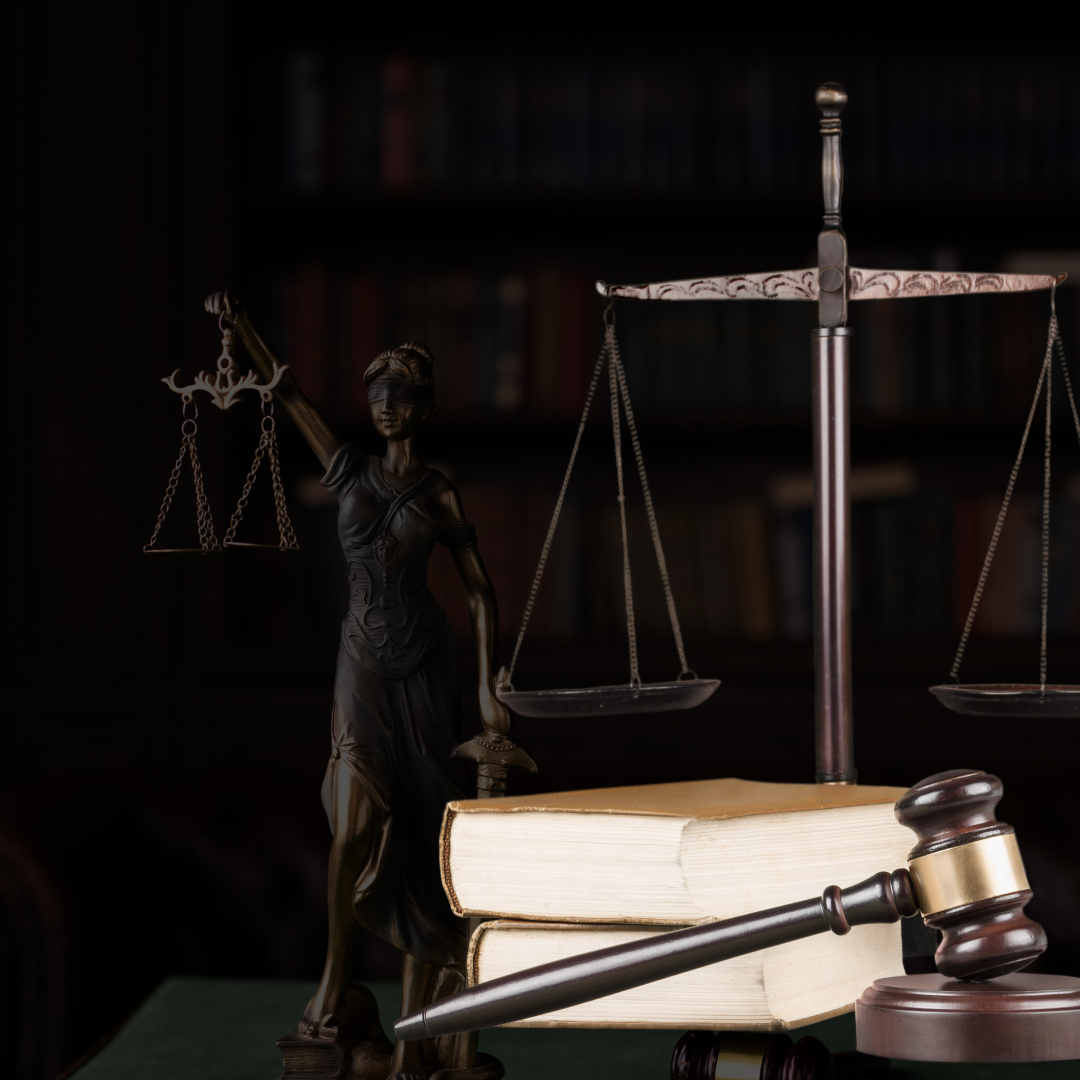The Law of Property Act (LPA) governs conveyancing in Singapore, establishing the legal framework for property ownership, transfers, and rights. Shakirin, a lawyer at Adel Law, employs his expertise to assist clients in navigating these regulations, thereby guaranteeing that they comply with all legal requirements under the LPA and that they have a seamless transition into property ownership. In this section, we will examine the Law of Property Act and its implications for Singaporean conveyancing, as well as the information that prospective buyers should be aware of:
1. Introduction to the Law of Property Act (LPA)
The Law of Property Act in Singapore establishes the regulations for property transactions, defining the rights and responsibilities of property owners and buyers, as well as defining what constitutes legal ownership. It encompasses provisions regarding the enforceability of contracts related to real estate, the transfer of property, the types of ownership, and legal interests in land. It is imperative for individuals purchasing property in Singapore to comprehend the LPA’s requirements, as this guarantees the legality of the transaction and safeguards ownership rights.
2. Ownership Rights and Legal Title
The concept of “legal title” is of the utmost importance in property transactions under the LPA. The Act specifies that the lawful owners of a property are exclusively those who possess a registered legal title with the Singapore Land Authority (SLA). Shakirin guarantees that his clients receive a clear, uncontested title that is free of encumbrances and that ownership is securely transferred and registered with the SLA upon completion.
3. Title Searches and Due Diligence
In order to protect against legal disputes and guarantee that the seller has the right to transfer ownership, the LPA mandates that conveyancers conduct a comprehensive investigation of the property’s title. Shakirin performs title searches to verify the property’s history and any restrictions or encumbrances associated with it. This is essential for safeguarding buyers from potential legal complications, such as unresolved loans or third-party claims on the property.
4. Contracts and the Enforceability of Agreements
In order to be legally enforceable, the LPA requires that all property agreements be documented in writing and signed. Lawyer Shakirin guarantees that all contractual documents, such as the Sale and Purchase Agreement (SPA) and the Option to Purchase (OTP), adhere to these standards. He safeguards clients from concealed clauses or unfavorable terms that could have long-term repercussions on their ownership or resale rights by meticulously reviewing these documents.
5. Property Ownership Types in Singapore
The LPA delineates two primary types of property ownership in Singapore: freehold and leasehold. Freehold properties provide owners with perpetual ownership rights, whereas leasehold properties provide rights for a limited period, typically 99 or 999 years. Lawyer Shakirin provides clients with guidance on these distinctions, assisting them in comprehending the advantages and constraints of each type and directing them toward the most suitable option in accordance with their investment objectives.
6. Interests in Property and Rights of Third Parties
The LPA acknowledges third-party interests, including mortgages, liens, and easements (rights to use another’s property for specific purposes). Shakirin guarantees that these interests are accurately documented and disclosed throughout the conveyancing process. If a property is subject to a mortgage, it must be discharged prior to the transfer of ownership to the new owner. This step is crucial for guaranteeing the buyer’s ownership rights are unencumbered.
7. Tax Compliance and Stamp Duty Obligations
All property transactions necessitate the payment of a stamp duty, which is determined by either the purchase price or market value, as stipulated by the LPA. The property transfer is legally validated by the stamp duty, which is payable upon the execution of the legal documents. Lawyer Shakirin assists clients in complying with these tax regulations by guaranteeing that payments are made in a timely manner to prevent penalties or delays.
8. Ensuring the Rights and Remedies of Buyers Under the LPA
In the event of a dispute, the LPA offers buyers specific remedies. For instance, where the seller fails to fulfill their obligations or has misrepresented the property, the buyer has the legal right to seek contract rescission or claim damages. Shakirin ensures the protection of his clients by conducting a thorough due diligence process, which involves the early identification of potential issues to prevent disputes and the provision of appropriate remedies in the event of an issue.
9. Registration of Ownership with the Singapore Land Authority (SLA)
The final and most critical step in ensuring compliance with the LPA is the registration of the property transfer with the SLA. The buyer’s ownership is formalized through the registration process, which provides them with a Certificate of Title that serves as legal evidence of ownership. Lawyer Shakirin meticulously manages this post-completion phase, ensuring that the property’s title is securely in the client’s name and free of any prior claims or undisclosed interests.
What is the Advantage of Selecting Shakirin at Adel Law for Conveyancing?
Shakirin is a dependable guide through the complex conveyancing landscape due to his deep understanding of Singapore’s real estate laws and the Law of Property Act. Shakirin provides clarity and security during each stage of the transaction by prioritizing the protection of clients’ rights and compliance with the LPA. Shakirin guarantees that each phase of the conveyancing process is consistent with legal standards and your personal interests, regardless of whether you are addressing title complexities, contract details, or government regulations.
Lawyer Shakirin’s dedication to detail and expertise in the Law of Property Act enable you to confidently secure your property in Singapore, knowing that all legal requirements are meticulously addressed. Conveyancing may appear to be a complex process; however, it is achievable.




